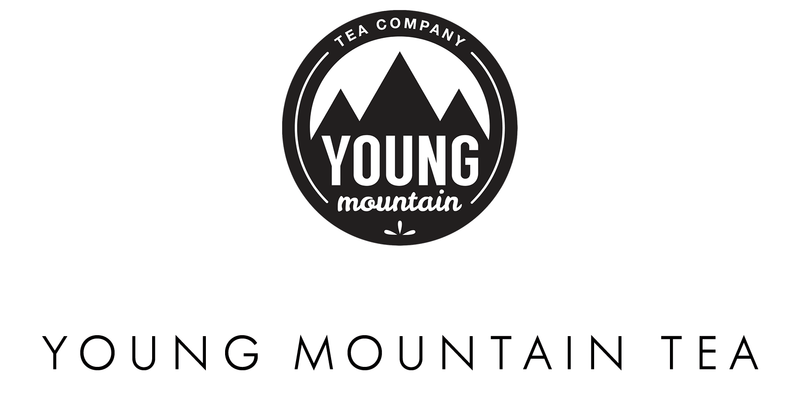
While the tea bush has likely been growing wild across the Himalayas for millenia, it was the British who commercialized its production in India. In the 1830s, they embarked on a massive venture of colonial conquest, seizing land from locals and using stolen Chinese tea plants in an effort to fuel their empire’s expansion. Today, the dynamism of the Indian subcontinent’s tea mirrors the vibrant culture of the people who make it. And by supporting emerging tea makers in formerly colonized regions, we can help lead social change for the families whose livelihoods were taken from them generations ago.
Kumaon
Kumaon is perched in mountainous northern India, just across Nepal’s western border. When the British introduced tea to Kumaon, the plant thrived in its adopted soils. But the region’s isolation prevented a trade route from being established, and the British abandoned the Kumaon tea gardens in the 1920s. One local family, the Birkbecks, became the sole torchbearers of the Kumaon tea tradition, and the government stepped in to support in the early 2000s. Without access to markets, they were forced to sell their organic fruity, balanced and nuanced teas to low-paying tea auction houses for decades. Then in 2015, a chance encounter between our founder, Raj, and the Birkbecks led to Young Mountain Tea being the first tea company to source and sell Kumaon loose-leaf outside of India. Today, we work with the Birkbecks and partners across the tea industry to reintroduce Kumaon teas to the world. READ ABOUT OUR UNIQUE PARTNERSHIP WITH FARMERS IN KUMAON or explore our ORGANIC KUMAON TEAS.
Assam
Deep in the tropical jungles near the Brahmaputra River, Assam is the world’s most productive tea region. The British built Assam’s tea industry at an unbelievable speed thanks to a particular tea variety indigenous to Assam. The low-elevation tea plants there are incredibly prolific, with larger leaves than the cultivars that thrive in the mountains. Bold and malty, Assam’s black teas are globally renowned for their strength, which are typically used to make chai or can easily handle a dash of milk and sugar. READ ABOUT ASSAM'S COMPLICATED TEA HISTORY or explore our ORGANIC ASSAM BLACK TEA.
Nepal
Nepal’s best-known tea growing regions are in the far eastern part of the country, in the shadows of Mt. Everest and adjacent to well-known Darjeeling. Nepali tea has historically been sold as knock-off Darjeeling, given the two neighboring region’s nearly identical soils. The birth of an independent Nepali tea industry is being led by small-scale farmers. The emerging region is blending expertise with invention, paving a new model for tea in South Asia. READ ABOUT OUR UNEXPECTED JOURNEY INTO NEPALI TEAS or explore our ORGANIC NEPALI TEAS.
Darjeeling
Running along Nepal’s eastern border, the district of Darjeeling is a confluence of varied ecologies and cultures. The sharp ascent from the plains of West Bengal into the towering Himalayas creates the ideal conditions for tea to flourish. Recognizing the potential for exceptional high-elevation teas, the British established Darjeeling with a focus on quality. Today, the world’s most prized region is going through a dramatic shakeup, as large estates buckle under rising costs and small farmers organize into grower-led cooperatives. Still, the region’s exceptional, juicy, fruity, and light black teas are unmatched. READ ABOUT THE EVOLUTION OF DARJEELING or explore our ORGANIC DARJEELING TEAS.
Nilgiris
The Nilgiri region contains India’s southernmost mountains, and surprisingly, some of the highest elevation teas in South Asia. Even more enigmatic, the region is largely planted with the low-elevation Assamica variety of the tea bush, popularized in Assam. The bright, clean Nilgiri teas are grown year-round, courtesy of a lush, tropical climate. Unlike Himalayan regions, most of the land is owned by small growers, who have a higher degree of self-determination by being able to sell their green leaf to “bought leaf” tea factories. We source all our Nilgiri teas from an all-women team of tea makers that are rewriting traditions. READ ABOUT THE LEADER BEHIND THE ALL-WOMAN TEAM AT TEA STUDIO or explore our NILGIRI TEAS.





